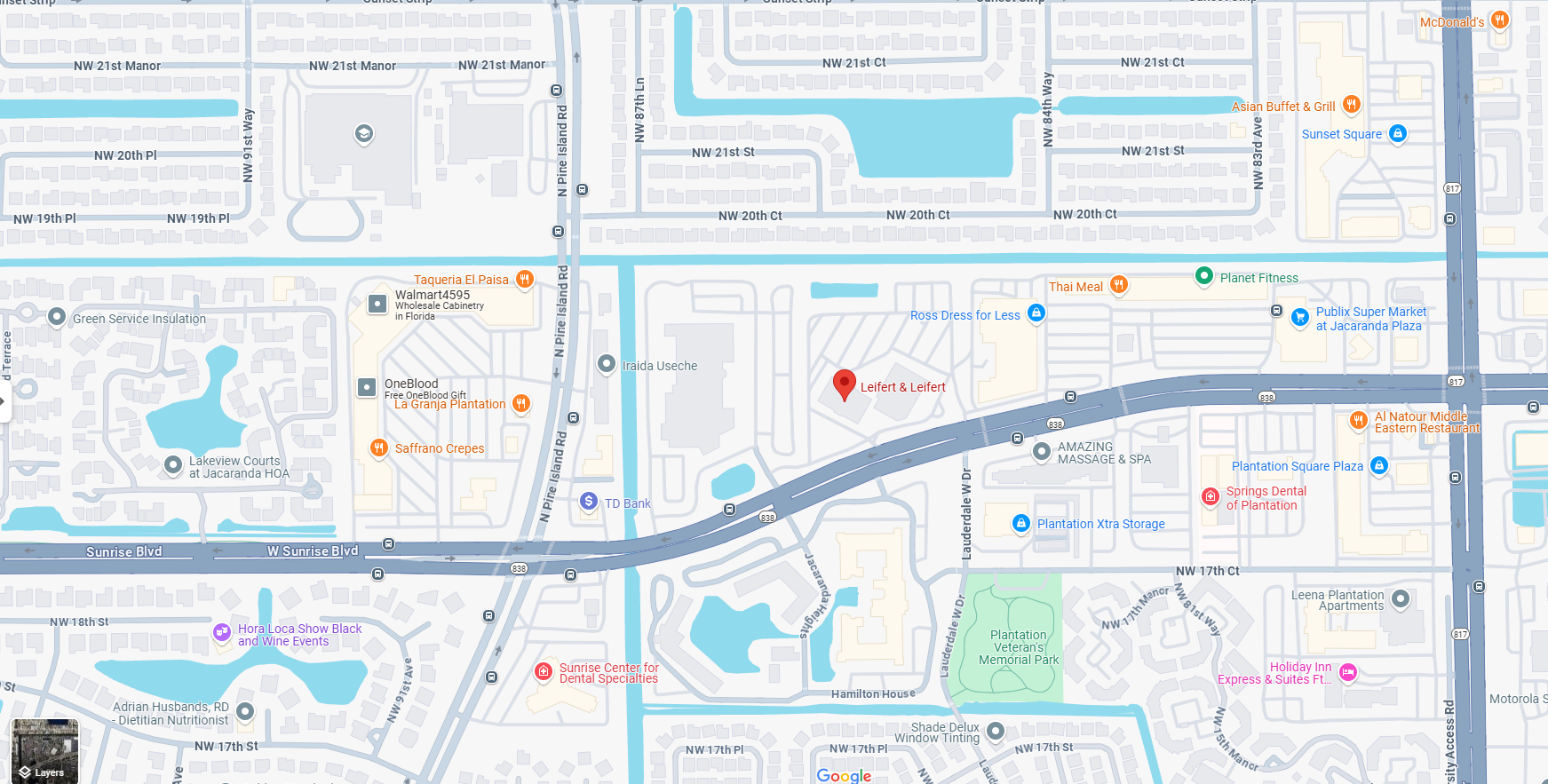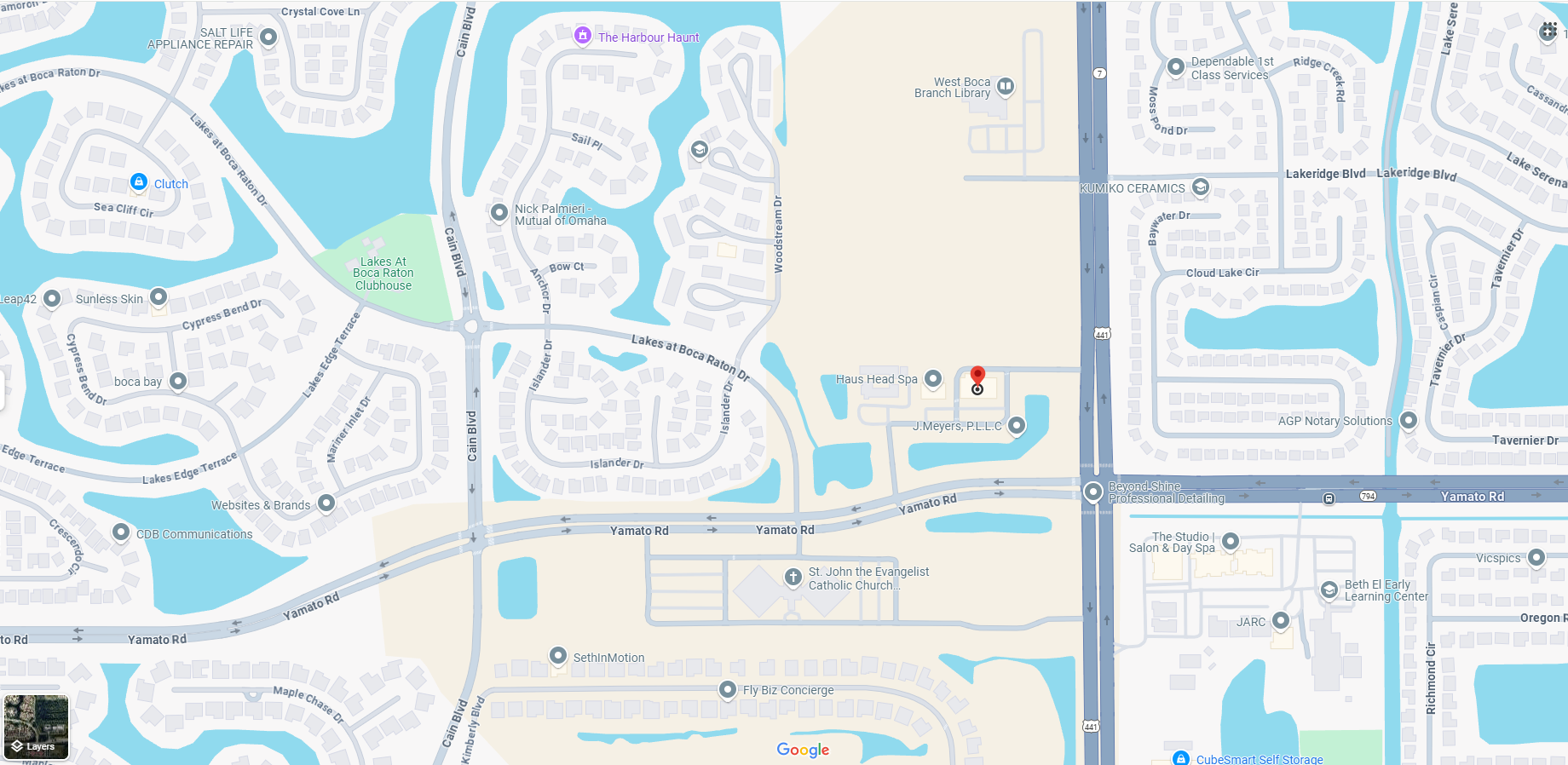According to Florida law, a conspiracy occurs whenever two or more individuals agree to commit a crime. If you were recently accused of criminal intentions with at least one other person, contact a Tequesta conspiracy defense Lawyer to discuss your legal rights and determine your next steps.
When you hire one of our skilled Attorneys at Leifert & Leifert instead of defending yourself in Court, you show the Judge and Jury that you take the charges seriously. A legal professional could work with you to gather evidence and hopefully prove your innocence to avoid consequences such as prison time, fines, and reputation damage. To get started on your case, be sure to schedule a consultation today.
What Actions Constitute Conspiracy Charges in Florida?
According to Chapter 777 of the Florida Statutes, the state charges individuals with conspiracy if they agreed, conspired, or confederated with another person or group of people to commit an unlawful act. Prosecutors must show the defendant not only conspired to commit the crime, but intended to carry it out. Common examples of conspiracy crimes defended by Tequesta Attorneys include, but are not limited to:
- Conspiring to commit a terrorist act
- Conspiring to commit a Felony such as vehicular manslaughter or robbery
- Conspiring to commit fraud such as will forgery or tax evasion
- Conspiring to commit larceny, such as entering and remaining on someone’s property without their permission
- Conspiring to purchase illegal materials such as drugs
Conspiracy remains a separate criminal offense. If a person conspired with another to rob their boss’s house, for example, and carried out the crime, they will be charged with burglary as well as conspiracy.
Common Defenses Against Conspiracy
Legal professionals in Tequesta who provide conspiracy services often use voluntary abandonment to defend accused individuals. In such instances, the defendant renounced their plans to carry out a crime with their co-conspirators, and did so within a reasonable timeframe. A defendant who decided to cease criminal activity plans a month prior to the execution date, for example, demonstrated voluntary abandonment.
If the defendant did not quit within enough time, such as a day or two before the criminal activity would have taken place, the prosecution will argue the defendant rejected the plans because of some issue, such as increased security or insufficient resources.
Other common defenses include lack of evidence identifying the defendant as a co-conspirator, or proof of agreement, and lack of agreement regarding the intended act. For example, if the first co-conspirator wanted to rob an elderly individual but the other did not agree to it, the second co-conspirator could be found innocent because they were not in agreement and there is no evidence to support the charge.
The defendant’s “mere presence” at the scene of the crime provides yet another conspiracy defense because the individual did not know of the intended act and was simply in the wrong place at the wrong time. Aiding and abetting does not constitute conspiracy either, such as in the case of Ashenoff v. The State of Florida. The defendant was one of three supposed conspirators discussing an unlawful purchase of 500 pounds of marijuana. While the individual discussed marijuana in a general way that did not include mentions of selling the product, and participated in its weighing and handling, the prosecution could not prove a separate conspiracy offense.
Schedule a Consultation with a Tequesta Conspiracy Attorney Today
Discuss your charge in detail with a Tequesta conspiracy Lawyer to determine how to proceed. Whether you abandoned criminal plans, witnessed the planning only, have been wrongfully accused, or require legal representation for any other conspiracy-related reason, your Attorney will help make the coming days easier.
Consult with one of our Attorneys at Leifert & Leifert today to stay proactive about your case and hopefully resolve it quickly without damage to your reputation, severe fines, jail time, and other penalties.







